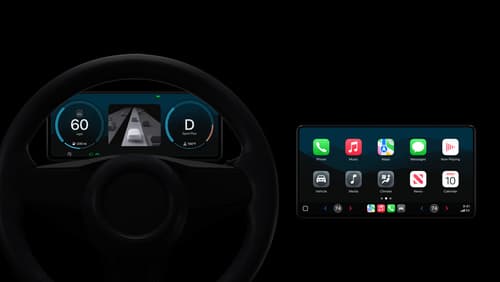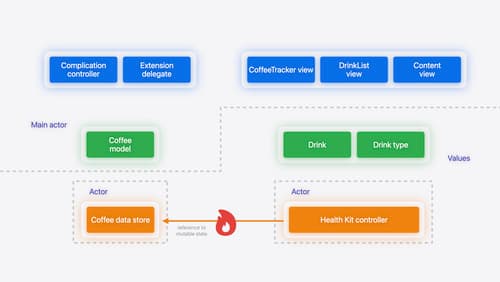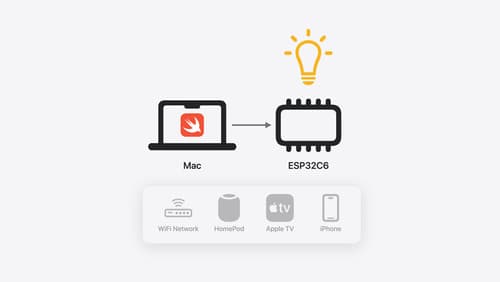how can I trigger force updates without an external SDK?
Asked on 2024-08-07
1 search
To trigger force updates without an external SDK, you can use the tools available for widgets and live activities. Specifically, your app can ask the system to reload your control. Here are the steps you can follow:
-
Enable WidgetKit Developer Mode: This can be done in the developer settings to remove system policies from your control, allowing for more frequent state refreshes during development.
-
Request a Reload: Your app can request the system to reload your control on demand. This is similar to how widgets and live activities are refreshed.
-
Use Control Value Providers: If your control reflects state from a server, you can fetch the state asynchronously using a value provider. This ensures that your control's state is always up to date.
For more detailed information, you can refer to the session Extend your app’s controls across the system (09:01).
Relevant Sessions

Meet the next generation of CarPlay architecture
Dive into the architecture for the next generation of CarPlay. Learn how your vehicle system works with iPhone to create a single cohesive experience that showcases the best of your car and iPhone. Learn how UI is rendered and composited, and explore ways to configure and customize a special experience for each vehicle model. This session is intended for automakers and system developers interested in the next generation of CarPlay.

Migrate your app to Swift 6
Experience Swift 6 migration in action as we update an existing sample app. Learn how to migrate incrementally, module by module, and how the compiler helps you identify code that’s at risk of data races. Discover different techniques for ensuring clear isolation boundaries and eliminating concurrent access to shared mutable state.

Go small with Embedded Swift
Embedded Swift brings the safety and expressivity of Swift to constrained environments. Explore how Embedded Swift runs on a variety of microcontrollers through a demonstration using an off-the-shelf Matter device. Learn how the Embedded Swift subset packs the benefits of Swift into a tiny footprint with no runtime, and discover plenty of resources to start your own Embedded Swift adventure.
